Summaries of books about Biology:
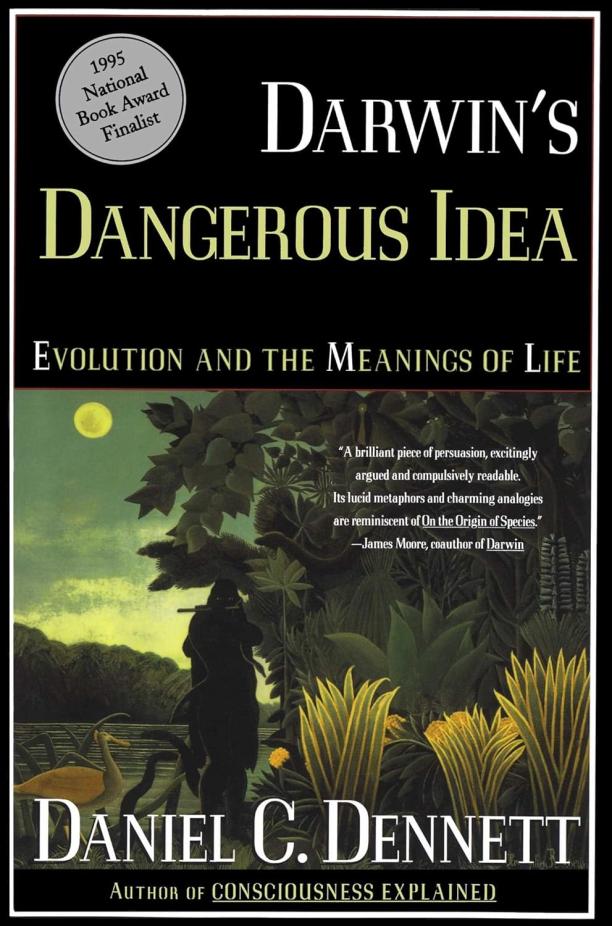
Darwin's Dangerous Idea
Evolution and the Meaning of Life
Daniel C. Dennett
The book explores the far-reaching implications of Charles Darwin's theory of evolution, arguing that natural selection is a universal acid that cuts deeper into the fabric of reality than many are willing to admit. It delves into the impact of evolutionary thinking on various fields, including philosophy, biology, and the understanding of human consciousness and ethics.
See full summary
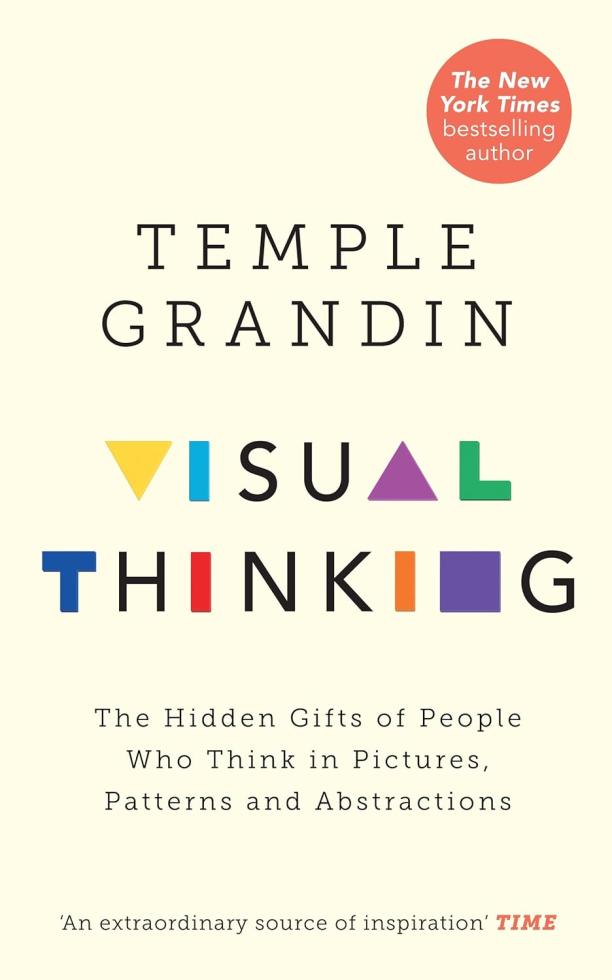
Visual Thinking
The Hidden Gifts of People Who Think in Pictures, Patterns and Abstractions
Temple Grandin
The book explores the concept of visual thinking, delving into how individuals who think in images and patterns often possess unique problem-solving abilities and creative talents. It highlights the advantages and challenges of this cognitive style, providing insights into the minds of visual thinkers and their contributions to various fields.
See full summary
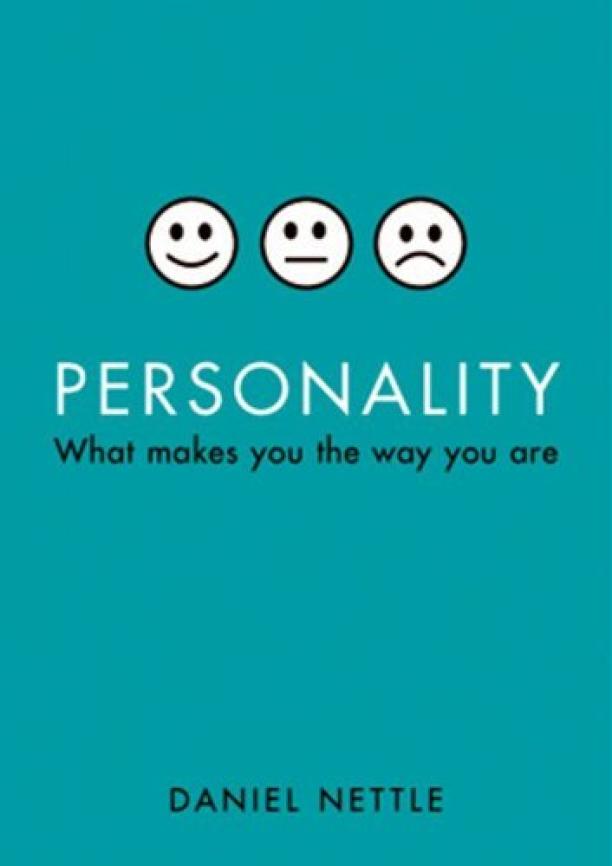
Personality
What makes you the way you are
Daniel Nettle
The book explores the five-factor model of personality, delving into the genetic and environmental influences that shape our traits such as extraversion, neuroticism, and conscientiousness. It examines how these personality dimensions affect our lives, from career choices to interpersonal relationships, and discusses the evolutionary significance of personality variation.
See full summary
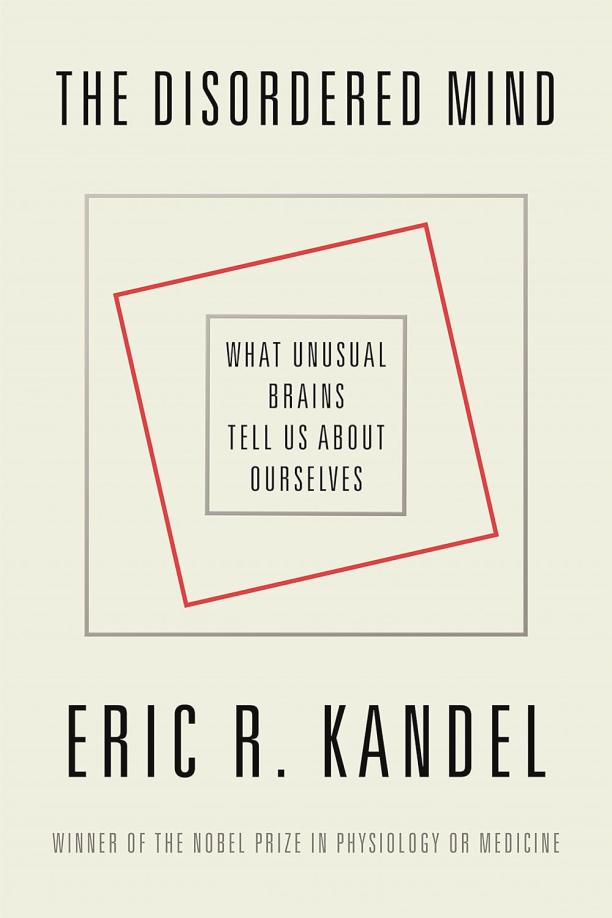
The Disordered Mind
What Unusual Brains Tell Us About Ourselves
Eric R. Kandel
The book explores how various brain disorders, including schizophrenia, depression, and autism, provide insights into the functioning of the normal brain. It examines the relationship between brain function and mental experiences, drawing on research in neuroscience to understand the biological basis of cognitive processes and mental illnesses.
See full summary
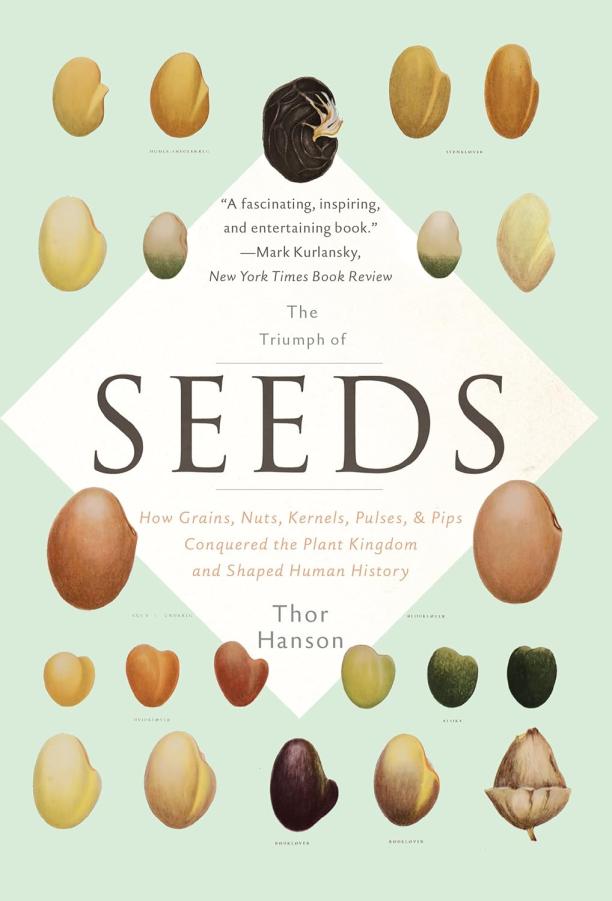
The Triumph of Seeds
How Grains, Nuts, Kernels, Pulses, and Pips Conquered the Plant Kingdom and Shaped Human History
Thor Hanson
The book explores the evolutionary success of seeds, detailing their biological mechanisms and the ways they have influenced human civilization. It combines scientific information with historical anecdotes to illustrate the profound impact seeds have had on agriculture, culture, and the environment.
See full summary
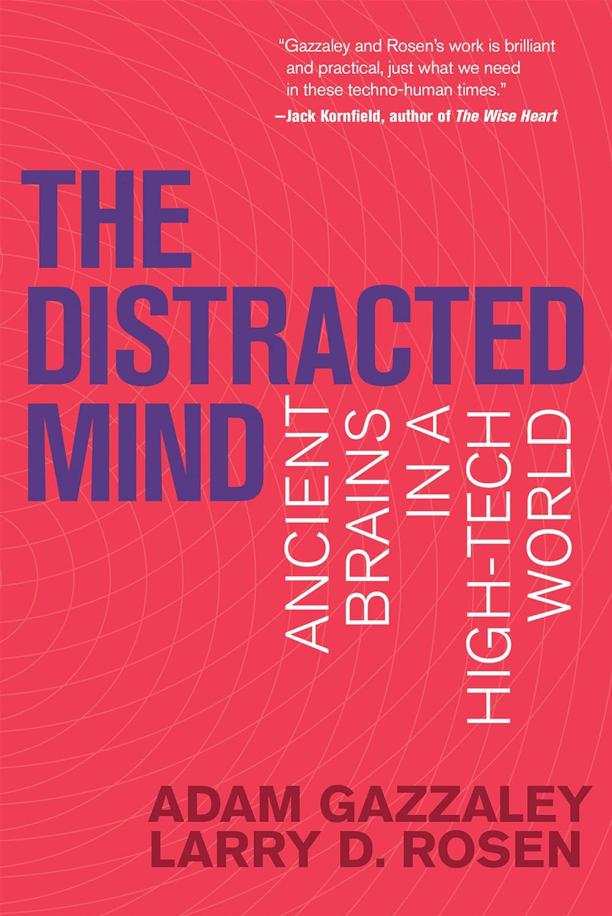
The Distracted Mind
Ancient Brains in a High-Tech World
Adam Gazzaley|Larry D. Rosen
The book explores the impact of digital technology on our cognitive functions, particularly how constant interruptions and multitasking strain our brains, which evolved in a less frenetic environment. It offers insights into the science of attention, memory, and goal management, and provides strategies to navigate and improve focus in the modern, tech-saturated world.
See full summary
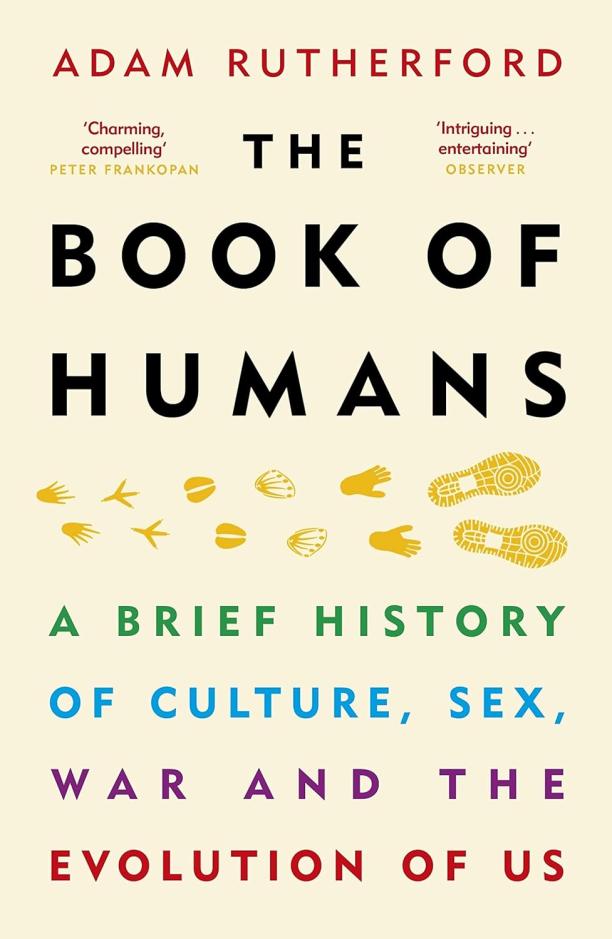
The Book of Humans
A Brief History of Culture, Sex, War and the Evolution of Us
Adam Rutherford
The book explores the unique characteristics that define humans, delving into our cultural practices, sexual behaviors, and the propensity for conflict, while examining how evolution has shaped these aspects of our species. It provides a scientific narrative that connects biological evolution with the development of human societies and behaviors, highlighting what sets us apart from other animals.
See full summary
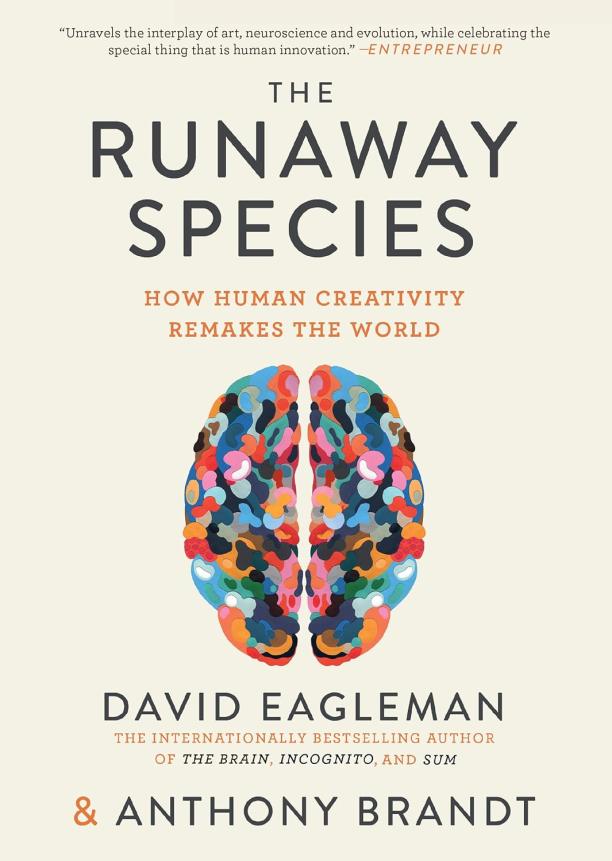
The Runaway Species
How human creativity remakes the world
David Eagleman|Anthony Brandt
The book explores the unique human capacity for creativity, examining how our brains generate novel ideas through bending, breaking, and blending familiar concepts. It delves into the processes behind innovation and artistic expression, and how these creative acts have driven the progress and transformation of human societies.
See full summary
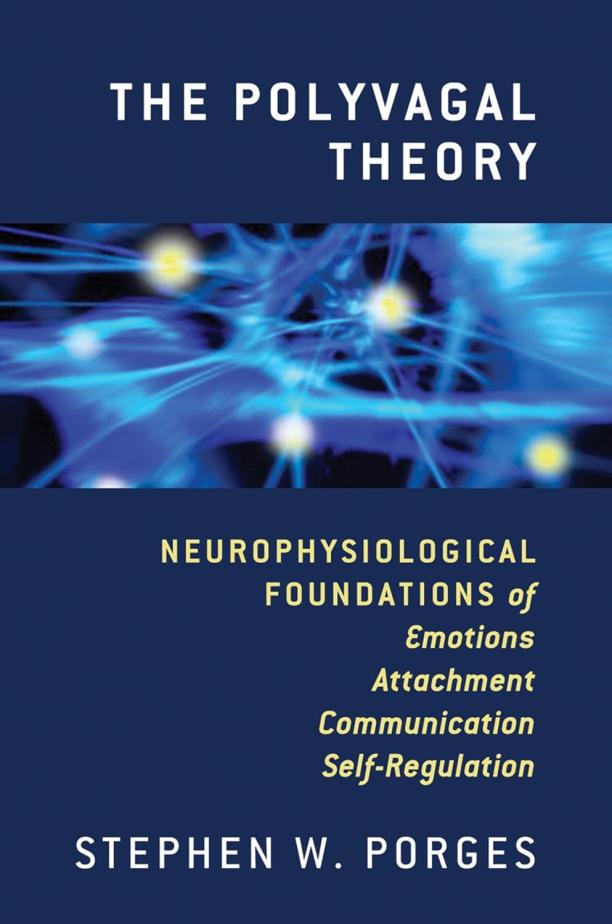
The Polyvagal Theory
Neurophysiological Foundations of Emotions, Attachment, Communication, and Self-regulation
Stephen W. Porges
The book introduces the Polyvagal Theory, explaining how the vagus nerve influences social behavior, stress responses, and emotional regulation. It delves into the neurophysiological mechanisms that underpin human relationships, communication, and the ability to self-regulate emotions and psychological states.
See full summary
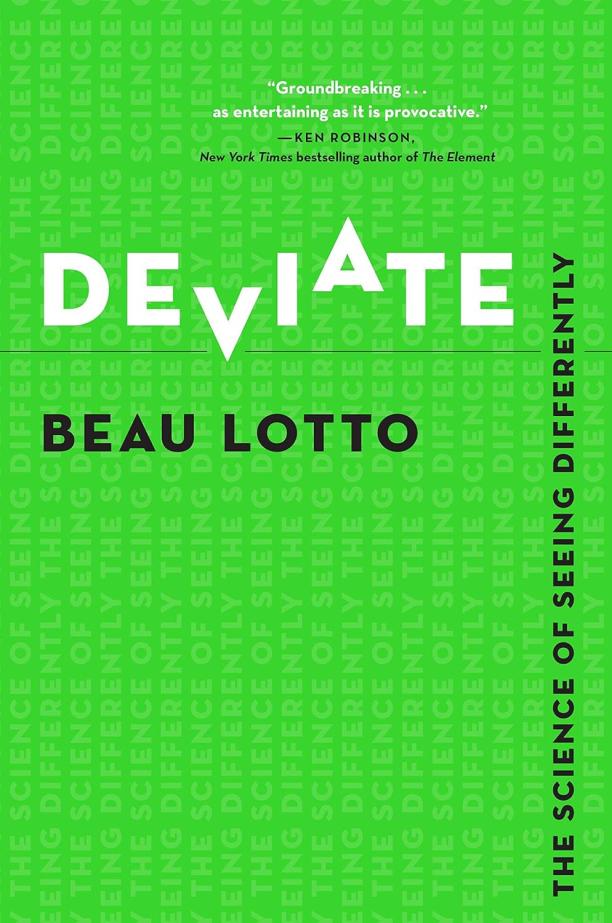
Deviate
The Science of Seeing Differently
Beau Lotto
The book explores the neuroscience of perception, illustrating how the brain constructs reality based on sensory inputs and past experiences. It delves into the ways in which understanding this process can lead to creative thinking and innovation by challenging our assumptions and embracing uncertainty.
See full summary